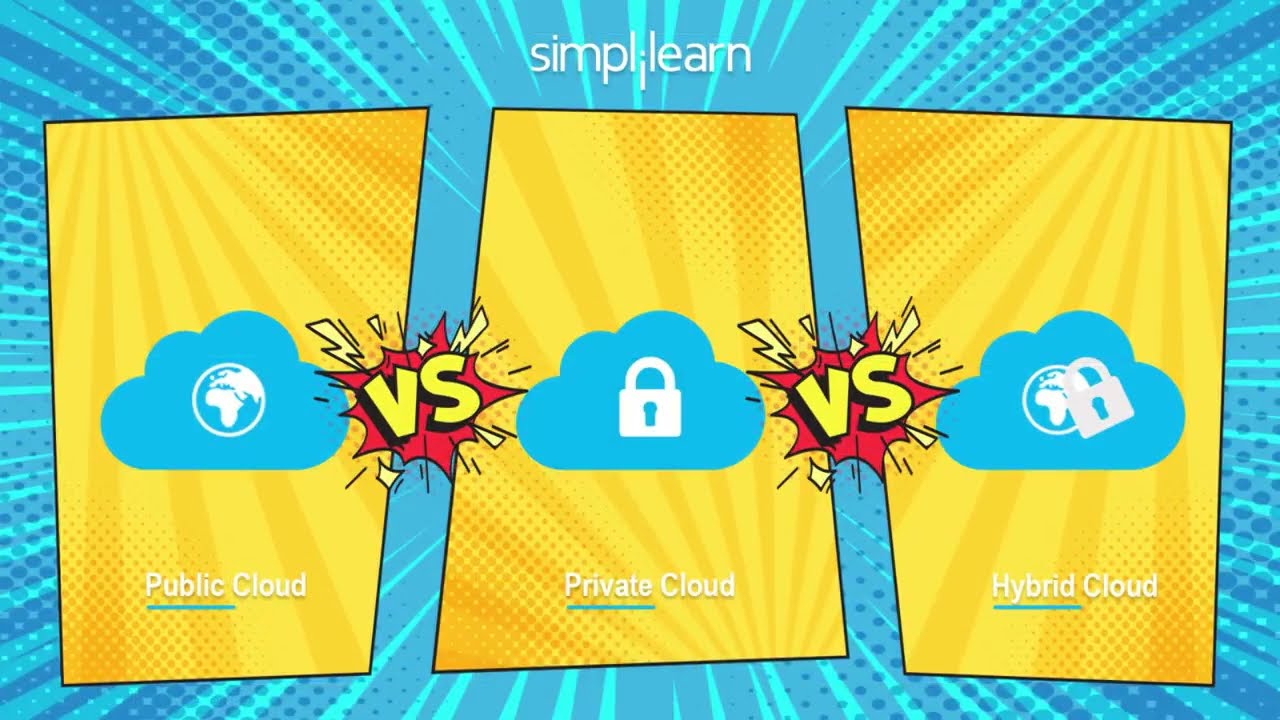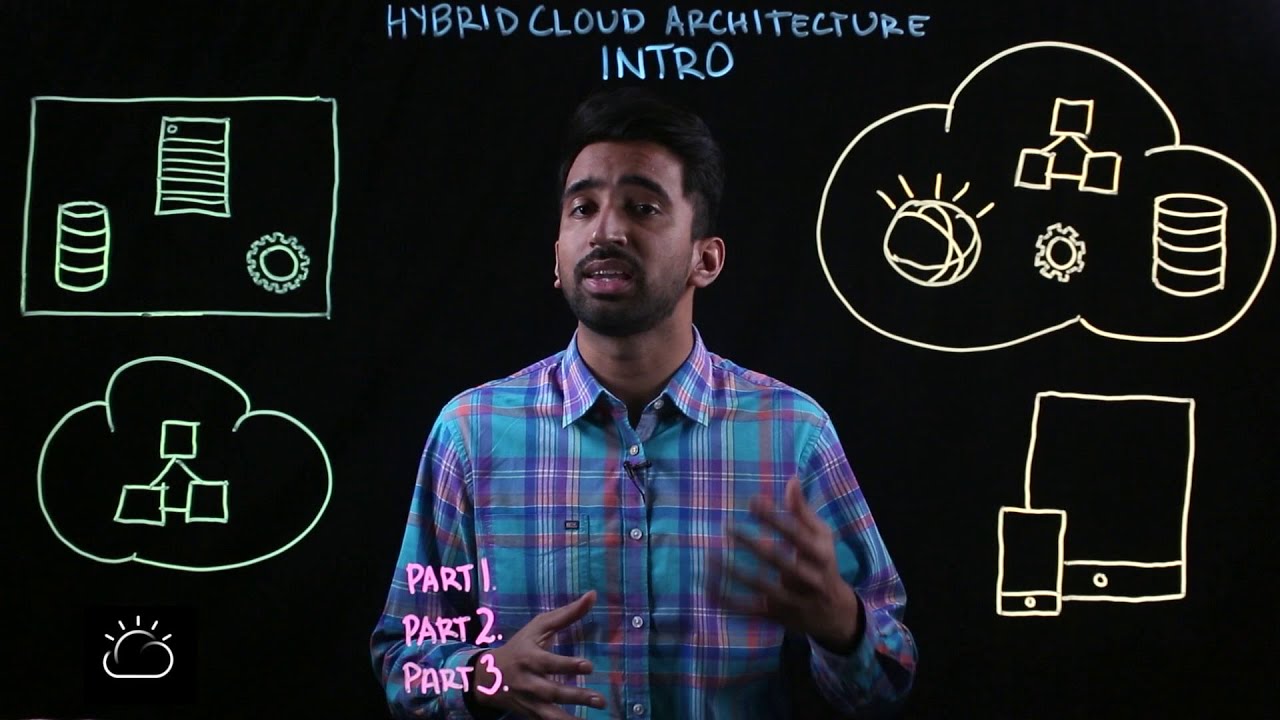
Hybrid cloud offerings have revolutionized the way cloud computing operates in the business world. By offering a combination of public and private clouds, hybrid cloud offerings provide increased flexibility, scalability, and security to businesses while optimizing costs. In this article, we will explore how hybrid cloud offerings work, their benefits, and how businesses can leverage them to gain a competitive edge.

Hybrid cloud offerings refer to a cloud computing environment that utilizes both public and private clouds as well as on-premises infrastructure. This allows businesses to combine the scalability and cost-effectiveness of public clouds with the security and control of private clouds. The idea behind hybrid cloud offerings is to enable companies to move their workloads seamlessly between different cloud platforms while maintaining data privacy and security.
Most businesses opt for hybrid cloud offerings because they offer the best of both worlds. Public clouds like Amazon Web Services (AWS), Microsoft Azure, and Google Cloud Platform (GCP) offer unlimited scale and ease of use for non-sensitive workloads. On the other hand, private clouds provide businesses with a dedicated infrastructure that offers more control, greater performance, and enhanced security for critical applications and data.

Hybrid cloud offerings work by creating an integrated environment that combines multiple clouds and on-premises infrastructure. Businesses can choose which workloads to run on the public cloud or the private cloud, depending on their requirements. They can also use APIs to integrate their on-premises systems with the cloud infrastructure, creating a seamless hybrid cloud environment.
The key to making hybrid cloud offerings work is to manage the different cloud environments as a single entity. This requires a comprehensive management platform that can monitor workloads, allocate resources, and enforce governance policies across all the cloud platforms. By doing so, businesses can ensure that their hybrid cloud environment runs efficiently and securely while avoiding vendor lock-in and unnecessary costs.

Hybrid cloud offerings provide businesses with several benefits, including:
Public clouds offer unlimited scalability, allowing businesses to spin up resources as and when needed. Hybrid cloud offerings enable companies to scale up or down their workloads between public and private clouds based on usage patterns, reducing the risk of over-provisioning or under-utilization.
Hybrid cloud offerings allow businesses to optimize their cloud infrastructure costs by leveraging public clouds for less sensitive workloads, while reserving private clouds for critical applications and data. This helps reduce hardware costs and operational expenses while ensuring compliance with regulatory requirements.
Private clouds offer better security for mission-critical applications and data than public clouds. Hybrid cloud offerings enable businesses to keep sensitive data on-premises or in a private cloud while using public clouds for non-sensitive workloads. This provides enhanced security and control over business-critical data.

To use hybrid cloud offerings, businesses need to follow these steps:
Some examples of hybrid cloud offerings include:
AWS Outposts is a fully managed service that extends Amazon Web Services (AWS) infrastructure, services, APIs, and tools to any datacenter, co-location space, or on-premises facility. With AWS Outposts, businesses can run AWS services locally while using the same APIs and tools as their existing AWS applications.
Azure Stack is a hybrid cloud platform that allows businesses to run Azure services on-premises or in a third-party datacenter. Azure Stack provides consistent application development and management experience across public and private clouds.
Google Anthos is a hybrid cloud platform that lets businesses build and manage modern hybrid applications across different cloud platforms. Anthos enables businesses to run Kubernetes workloads on-premises, in the cloud, or across multiple clouds, providing a consistent operational experience.
When comparing hybrid cloud offerings, businesses should consider the following factors:
The ability to integrate different cloud platforms seamlessly is critical for making hybrid cloud offerings work. Businesses should choose a platform that offers robust integration capabilities and supports multiple cloud platforms.
Hybrid cloud offerings can vary in cost depending on the public and private cloud platforms used, as well as the management tools required to manage the hybrid environment. Businesses should compare costs across different hybrid cloud offerings and determine which provides the best value for money.
Security is a top concern for businesses, especially when it comes to sensitive data and critical applications. Hybrid cloud offerings that provide enhanced security features such as data encryption, network segmentation, and access controls are preferable to businesses dealing with highly sensitive information.
Scalability is another important factor to consider when comparing hybrid cloud offerings. Businesses need to determine if the platforms they choose can handle their workloads and scale up or down based on usage patterns. They should also ensure that the platforms can integrate with other cloud platforms and on-premises infrastructure seamlessly.
Here are some tips to help businesses make the most of their hybrid cloud offerings:
Businesses should plan ahead and determine which workloads require public clouds and which require private clouds or on-premises infrastructure. This will help them optimize their cloud infrastructure costs and ensure compliance with regulatory requirements.
Choosing the right public and private cloud platforms is critical for making hybrid cloud offerings work. Businesses should evaluate platforms based on their security features, integration capabilities, and scalability.
Investing in comprehensive management tools is crucial for managing hybrid cloud environments effectively. Businesses should choose tools that allow them to monitor workloads, allocate resources, and enforce governance policies across all cloud platforms.
Maintaining data privacy is essential for businesses, especially when dealing with sensitive information. Hybrid cloud offerings enable companies to keep sensitive data on-premises or in a private cloud while using public clouds for non-sensitive workloads.
Hybrid cloud offerings are the future of cloud computing as they provide businesses with increased flexibility, scalability, and security while optimizing costs. By combining public and private clouds as well as on-premises infrastructure, businesses can create a seamless hybrid cloud environment that meets their specific needs. When choosing hybrid cloud offerings, businesses should consider integration capabilities, cost, security, and scalability. They should also invest in comprehensive management tools to manage their hybrid cloud environments effectively. With the right strategy and tools, businesses can leverage hybrid cloud offerings to gain a competitive edge in today’s digital landscape.